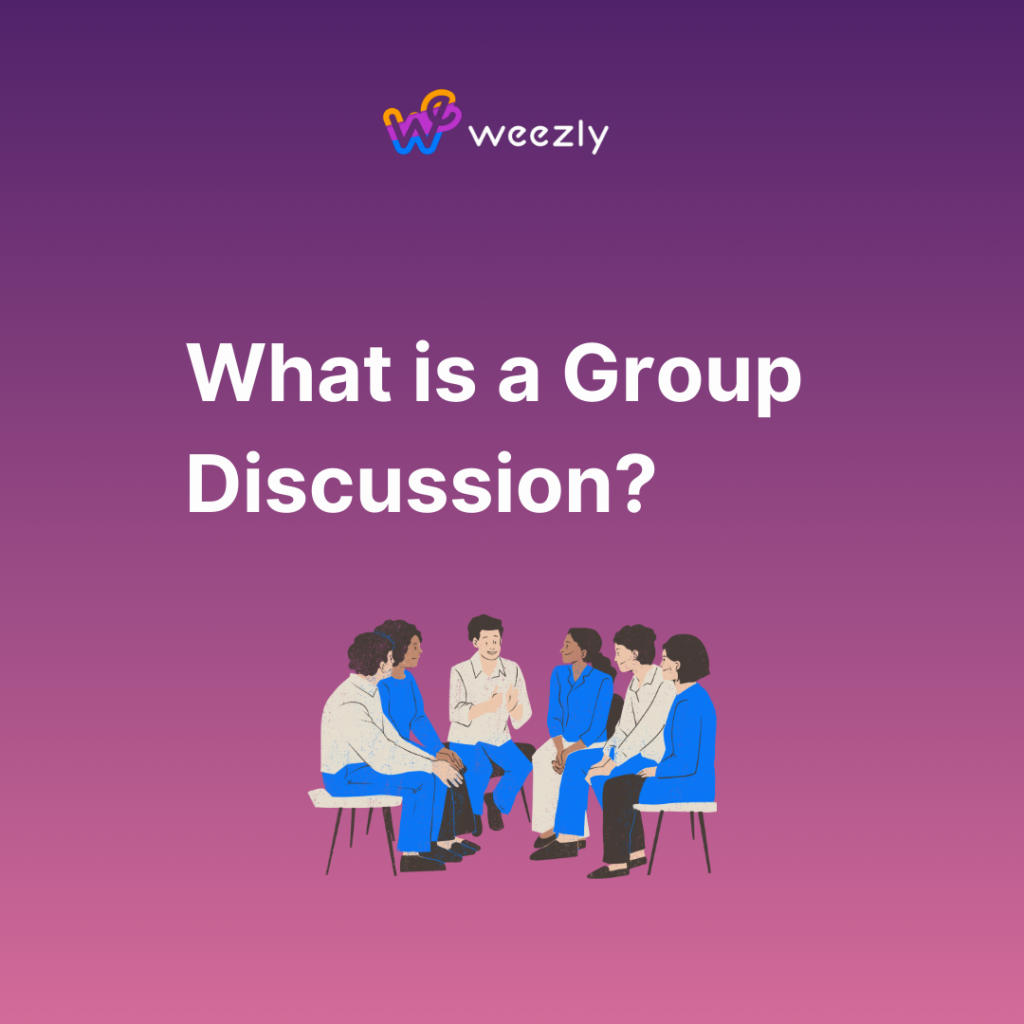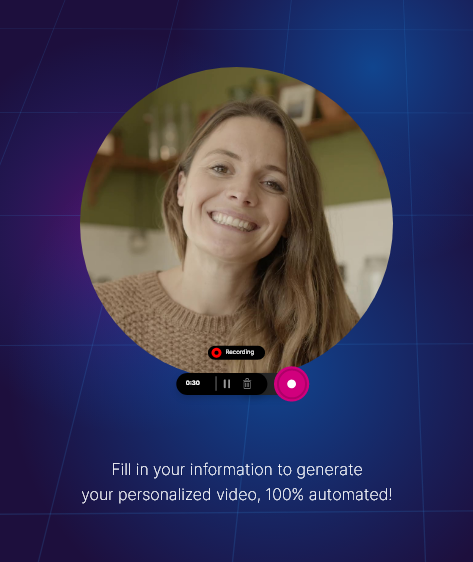Group discussions are a critical component of communication, often used in academic, corporate, and various professional settings. The essence of a group discussion lies in its ability to bring together diverse perspectives, encouraging participants to share their thoughts and ideas on a specific topic or issue. The effectiveness of a group discussion hinges on the exchange of ideas, problem-solving skills, and the ability to reach a consensus or a better understanding of the subject matter.

The Purpose and Importance of Group Discussions
Enhancing Communication Skills
Group discussions are instrumental in improving communication skills. Participants learn to articulate their thoughts clearly and listen actively to others. This process enhances their ability to convey their points effectively while respecting differing viewpoints.
Developing Team Spirit
Working collaboratively in a group fosters team spirit. Participants learn to appreciate the value of collective effort and understand the importance of contributing positively to the group’s objectives.
Critical Thinking and Problem Solving
Group discussions stimulate critical thinking, as participants are encouraged to analyze issues from various angles. This environment fosters creativity and innovative problem-solving approaches.
Key Elements of a Successful Group Discussion
Clear Objective
A clear objective is essential for a focused discussion. Whether it’s solving a problem, sharing knowledge, or brainstorming ideas, the goal should be well-defined and understood by all participants.
Diversity of Participants
The richness of a group discussion often comes from the diversity of its participants. Different backgrounds, experiences, and expertise contribute to a more comprehensive and insightful discussion.
Effective Moderation
An effective moderator plays a crucial role in guiding the discussion, ensuring that it stays on track, and that all voices are heard. The moderator should be impartial and skilled in facilitating a constructive dialogue.
Types of Group Discussions
Group discussions can vary in format and style, depending on the context and objectives. Some common types include:
- Educational Discussions: Often used in academic settings, these discussions focus on learning and understanding specific topics.
- Brainstorming Sessions: Aimed at generating creative ideas and solutions.
- Panel Discussions: Involving a group of experts discussing a topic in front of an audience.
- Focus Groups: Used in market research to gather feedback and opinions on products or services.
Best Practices for Participating in Group Discussions
Be Prepared
Research the topic beforehand to contribute meaningfully. Being well-informed boosts confidence and enhances the quality of your input.
Listen Actively
Active listening is crucial in a group discussion. It shows respect for other participants and helps in understanding their perspectives.
Respectful and Constructive Feedback
Constructively provide feedback. Criticize ideas, not individuals, and offer suggestions for improvement.
Stay on Topic
Avoid deviating from the main topic. Keeping the discussion focused ensures that the objectives are met effectively.
Challenges in Group Discussions

Dominance by Certain Participants
Sometimes, certain individuals may dominate the discussion, hindering others from contributing. It’s important for the moderator to manage this and encourage balanced participation.
Off-Topic Discussions
Discussions can easily veer off-topic, leading to unproductive sessions. Staying focused on the objective is key.
Groupthink
Groupthink occurs when the desire for harmony in a group leads to irrational or dysfunctional decision-making. Encouraging diverse viewpoints helps mitigate this risk.
Conclusion
Group discussions are a powerful tool for collaborative problem-solving, learning, and decision-making. They provide a platform for sharing knowledge, ideas, and experiences, ultimately leading to more informed and well-rounded outcomes. By understanding the dynamics of group discussions and applying best practices, participants can significantly enhance their communication, teamwork, and analytical skills.
EXPLORE MORE: How to create a group invite (meeting poll)?







